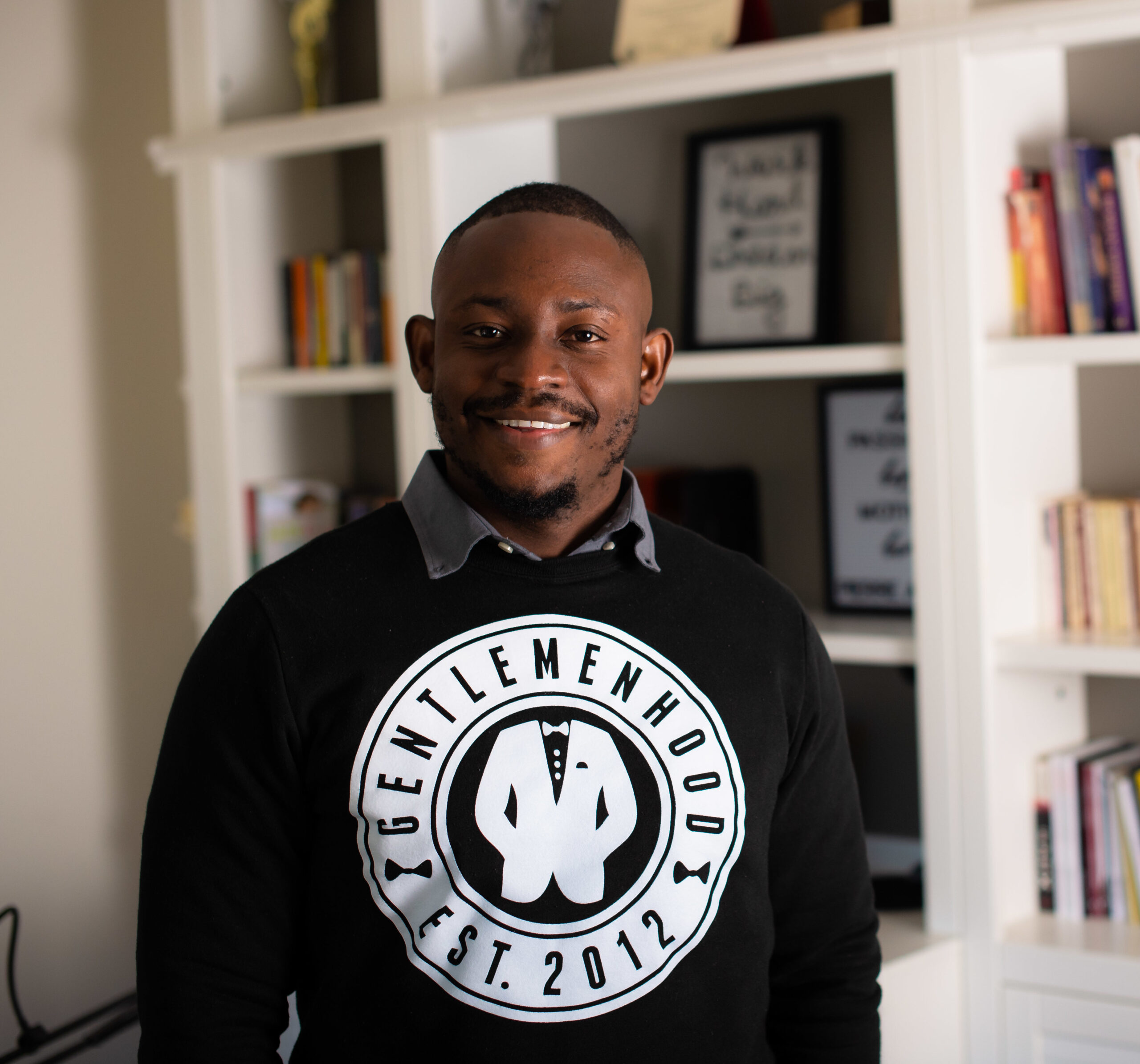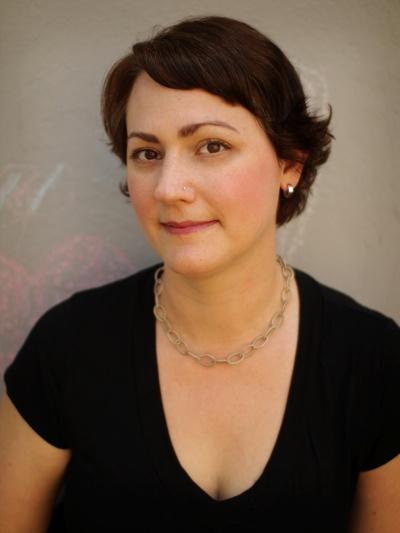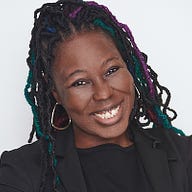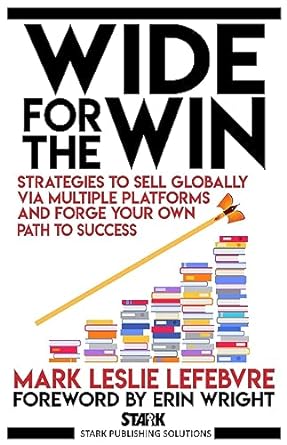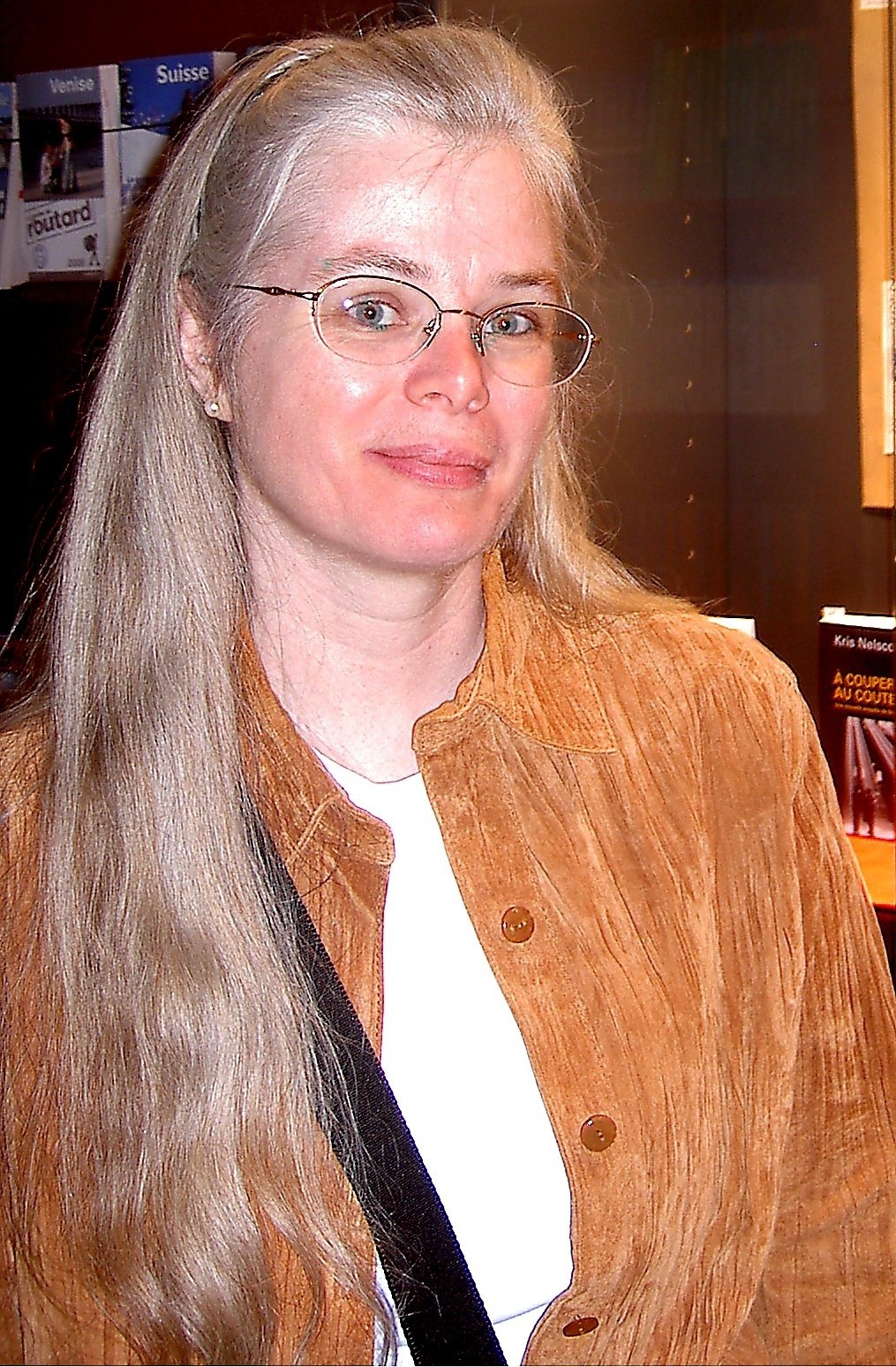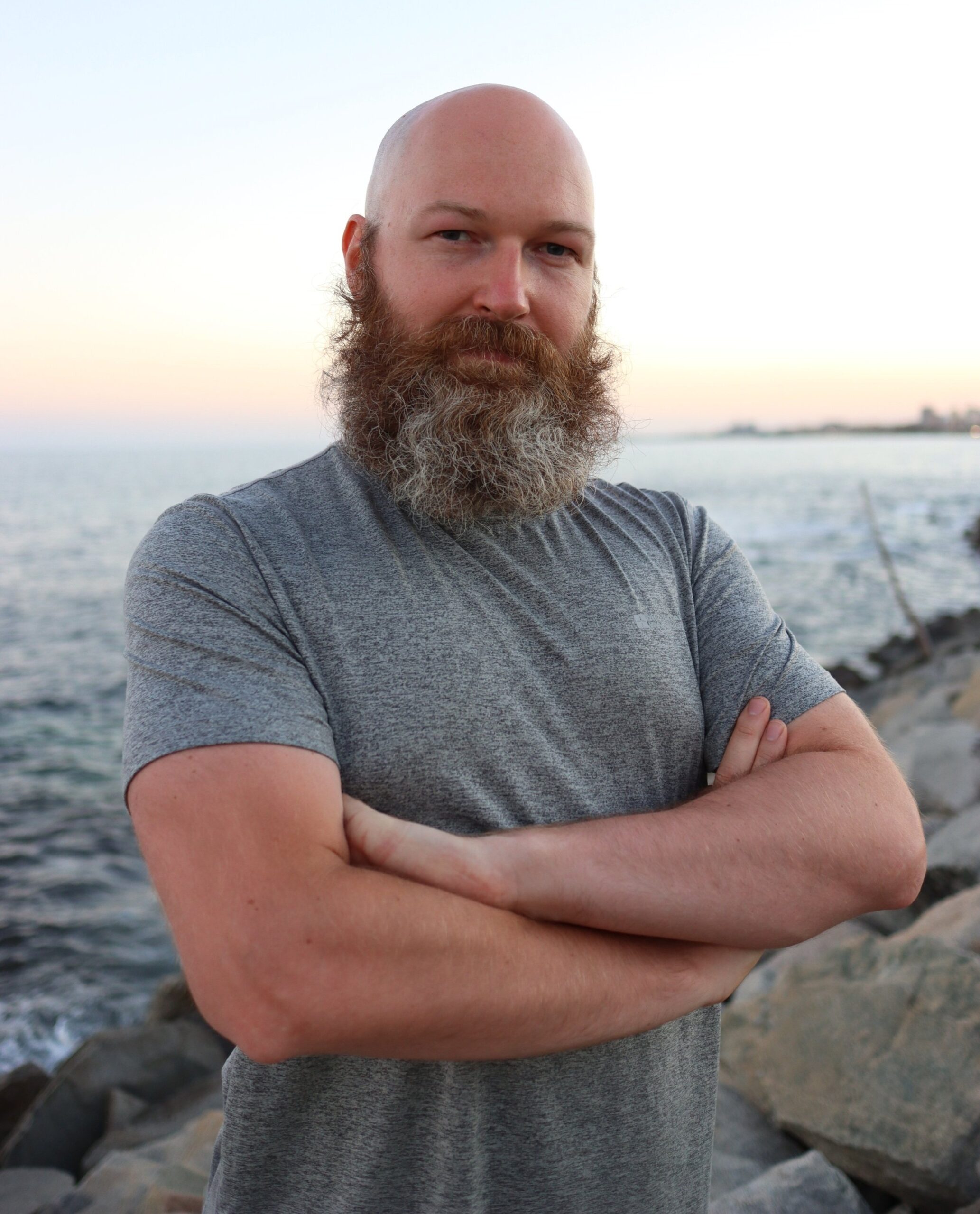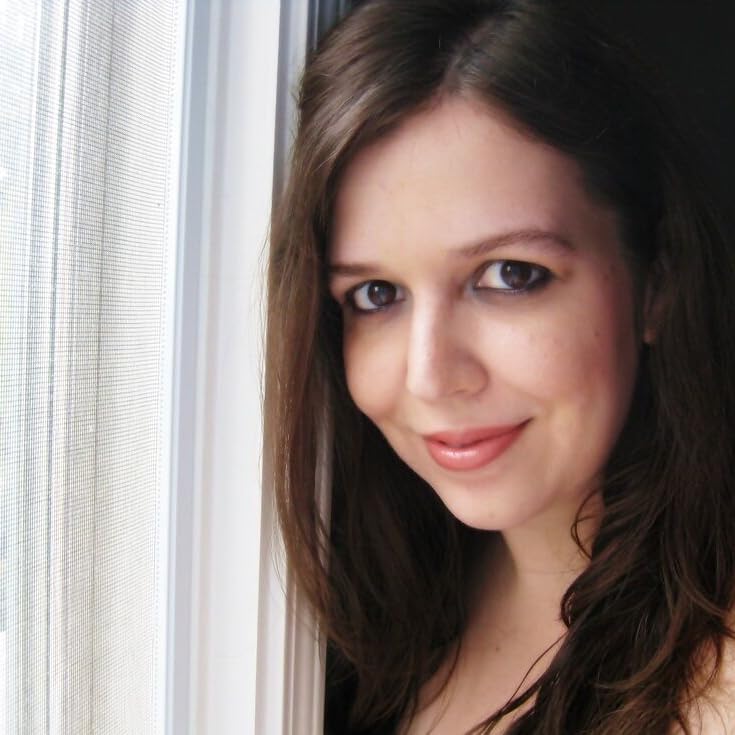Since Amazon launched the earliest version of Kindle Direct Publishing (KDP) in 2007, the business giant—which controls an estimated 50 percent or more of the online retail market in the US already—has maintained an unwavering influence over the self-publishing industry.
Sixteen years later, Amazon boasts 85 percent of the book market share, with Apple Books in a distant second place with only 10 percent, according to Kindlepreneur. Amazon’s royalty split with authors has also remained relatively unchanged—in 2010, the original offer of 35 percent royalties to authors for any book published with the program increased to 70 percent given an author met specific conditions, but since then has stayed the same.
Amazon’s control over the market, with its international reach and household name, is a boon to many in indie publishing, particularly in certain genres. But others feel the company has too much power over the industry, with little to no safeguards in place for authors when policies change or problems arise. Fantasy author Brandon Sanderson, in a July 2023 interview with YouTuber SAVY WRITES BOOKS, said Amazon’s lack of competition and the company’s overall size make it difficult for those using its platform to influence any change when it’s needed. “If you compare one of the bestselling authors in the world to Amazon, I’m just such a small fry, I’m barely even worth noticing,” he said. And if Amazon were to suffer financially in the future, many worry authors whose careers are built exclusively on the platform may suffer with it.
For authors like Sanderson, however, wide publishing—publishing across multiple retailers, including through direct outlets—offers a potential path forward, with more freedom and business security if one retailer starts to suffer.
“We’ve been in a time of great upheaval in the book market with so many opportunities for indie authors over the past decade,” writes author Dan Wood. As time goes on and distribution strategies shift, it’s possible the definition of “wide publishing” will shift with it to include new formats or distribution models, he writes. Other authors agree, and still others say those who distribute exclusively through one platform will likely continue to see success through their own strategies as well. Even as time goes on, the debate is unlikely to resolve entirely. But even without a definitive “winner” and “loser,” as wide publishing continues to expand in definition and grow in popularity, the competition it sparks among retailers may broaden horizons for indie authors everywhere.



